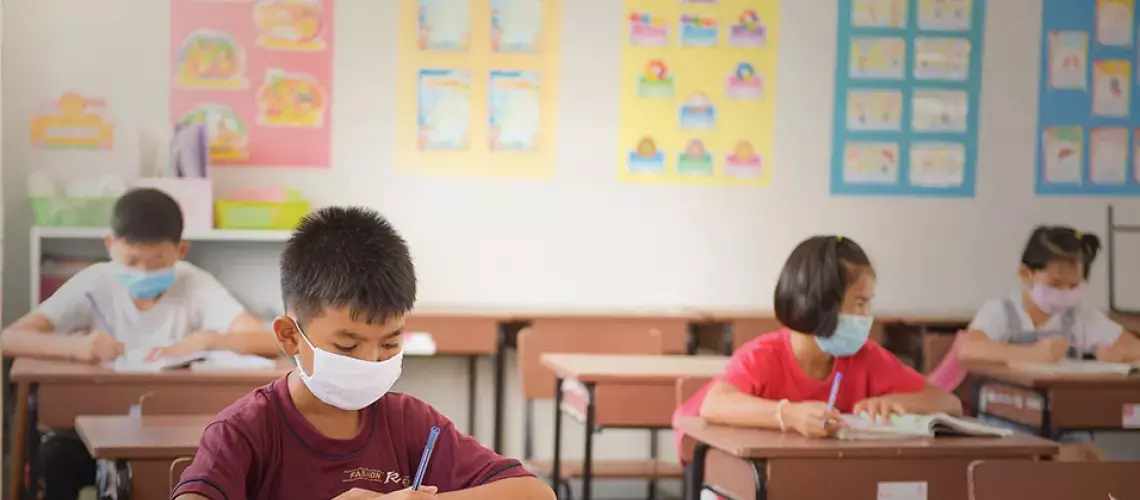- Home
- Medical news & Guidelines
- Anesthesiology
- Cardiology and CTVS
- Critical Care
- Dentistry
- Dermatology
- Diabetes and Endocrinology
- ENT
- Gastroenterology
- Medicine
- Nephrology
- Neurology
- Obstretics-Gynaecology
- Oncology
- Ophthalmology
- Orthopaedics
- Pediatrics-Neonatology
- Psychiatry
- Pulmonology
- Radiology
- Surgery
- Urology
- Laboratory Medicine
- Diet
- Nursing
- Paramedical
- Physiotherapy
- Health news
- Fact Check
- Bone Health Fact Check
- Brain Health Fact Check
- Cancer Related Fact Check
- Child Care Fact Check
- Dental and oral health fact check
- Diabetes and metabolic health fact check
- Diet and Nutrition Fact Check
- Eye and ENT Care Fact Check
- Fitness fact check
- Gut health fact check
- Heart health fact check
- Kidney health fact check
- Medical education fact check
- Men's health fact check
- Respiratory fact check
- Skin and hair care fact check
- Vaccine and Immunization fact check
- Women's health fact check
- AYUSH
- State News
- Andaman and Nicobar Islands
- Andhra Pradesh
- Arunachal Pradesh
- Assam
- Bihar
- Chandigarh
- Chattisgarh
- Dadra and Nagar Haveli
- Daman and Diu
- Delhi
- Goa
- Gujarat
- Haryana
- Himachal Pradesh
- Jammu & Kashmir
- Jharkhand
- Karnataka
- Kerala
- Ladakh
- Lakshadweep
- Madhya Pradesh
- Maharashtra
- Manipur
- Meghalaya
- Mizoram
- Nagaland
- Odisha
- Puducherry
- Punjab
- Rajasthan
- Sikkim
- Tamil Nadu
- Telangana
- Tripura
- Uttar Pradesh
- Uttrakhand
- West Bengal
- Medical Education
- Industry
Indian Academy of Pediatrics updates Guidelines on School Reopening 2021

The COVID-19 pandemic has affected schooling for more than 24 crore students, since March 2020 with a significant impact across various domains of their health and development. In a latest Indian survey about 92% and 82% children have declined in (at least one) mathematical and linguistic abilities, respectively. In another survey across 15 Indian states there was a gross failure in online learning methodology as only 24% students from urban area and 8% from rural area are reported to study online regularly; 37% rural children are completely out of the education stream.
The latest body of research on COVID-19, particularly in children, and the advent and the availability of the vaccines, are scientifically favorable factors for relaxing the social restrictions imposed on children.
The IAP has updated guidelines on safe reopening in October 2021 which are:
General recommendations:
• Decision-making regarding the school reopening should be decentralized. It should be taken at the level of districts (or taluka/city/village/school) according to the local situations, rather than at the national or state level.
• Strict compliance to the COVID appropriate behaviour (social distancing/masking/sanitization/respiratory hygiene etc.) by each and everyone in the community should be encouraged and ensured.
• Isolation, testing and contact tracing of symptomatic school attendees should be carried out as per local health guidelines.
• Healthcare system should be adequately geared up to handle any potential outbreaks through meticulous microplanning.
• Local COVID-19 statistics should be vigilantly followed. The decision regarding keeping the schools open should be reviewed every 15 days.
• COVID vaccination drives should be undertaken to cover vaccine eligible population as early as possible.
Criteria for school reopening:
Local authorities may consider opening of schools when all these criteria are met:
1. The case positivity rate for COVID-19 (i.e., the number of RT-PCR positive per hundred tests) should be less than 5% for the preceding two weeks OR if the case positivity rate is greater than 5%, the total number of new cases should have been steadily declining over the preceding two weeks.
2. Number of new cases per 1 lakh population per day should be less than 20 for preceding two weeks .
3. Vaccination coverage (as measured by at least one dose of any of the COVID vaccines) of the adult (or the vaccine-eligible) population should be 60% or more.
Criteria for attending school:
• All the adult members working at and closely associated with schools, including the teachers, nonteaching staff, support staff, commute drivers, attendants, and school visitors, should have received at least one dose of any COVID-19 vaccine.
• Students above the age of 18 years should have received at least one dose of COVID-19 vaccine.
• Both parents and all other household adults of the student should have received at least one dose of COVID-19 vaccine.
• Parents should be willing and should give consent for sending the ward to the school.
• High risk staff members (like those suffering from diabetes, high blood pressure, obesity, lung diseases etc.) should have completed two doses of COVID -19 vaccination 15 days prior to joining the schools.
• High-risk children (like those suffering from chronic diseases like asthma, kidney diseases, children with special needs, children on steroids etc.) should consult their pediatricians before joining the schools.
• Anyone who is not feeling well should refrain from attending the school and consult a medical professional before returning to the school.
Authors quote that-"The current evidence suggests that the seroprevalence is a highly volatile indicator with high false positivity and it is not a robust criterion for policy decisions on social restrictions."
Source:Indian Pediatrics
Dr Kamal Kant Kohli-MBBS, DTCD- a chest specialist with more than 30 years of practice and a flair for writing clinical articles, Dr Kamal Kant Kohli joined Medical Dialogues as a Chief Editor of Medical News. Besides writing articles, as an editor, he proofreads and verifies all the medical content published on Medical Dialogues including those coming from journals, studies,medical conferences,guidelines etc. Email: drkohli@medicaldialogues.in. Contact no. 011-43720751


